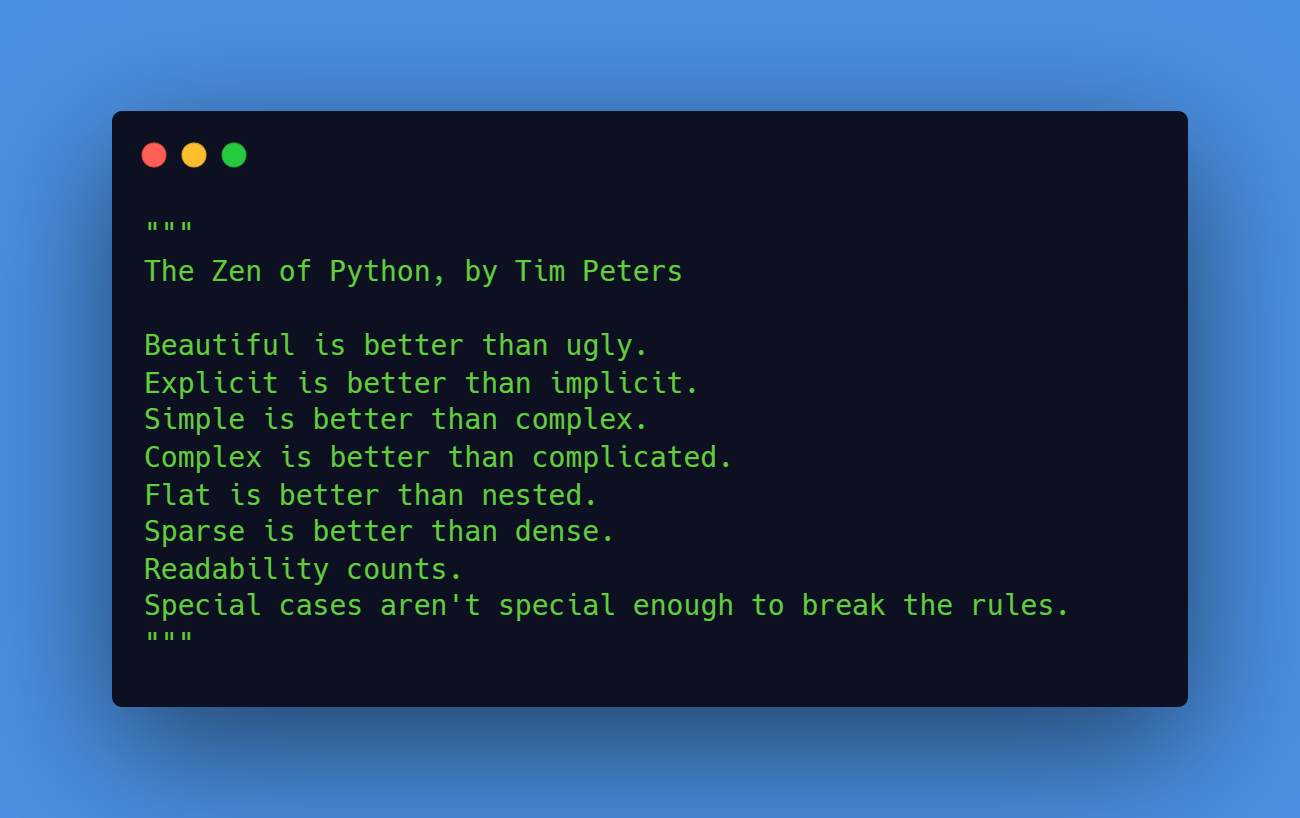It used to be required to use a package or create your own function to generate a UUID in JavaScript.
But now the crypto.randomUUID() method can be used to generate a v4 UUID. This will work in Node.js and all major browsers.
Here’s an example of how to use the crypto.randomUUID() method in JavaScript:
// Generate a random UUID
var uuid = crypto.randomUUID();
// Print the UUID to the console
// Example output: 'd378a30e-3179-43b3-b118-de3d94d83908'
console.log(uuid);Code language: JavaScript (javascript)Keep in mind that the crypto.randomUUID() method is not supported in all browsers, so you’ll need to check for browser compatibility before using it in your code.
If compatibility is a big concern, then you can use the uuid module:
npm install uuid
Example of how to generate a UUID using the uuid module:
import { v4 as uuidv4 } from 'uuid';
uuidv4();Code language: JavaScript (javascript)Check out the uuid Github page for more information.
How to Check if a Variable is a UUID
To match a UUID (also known as a universally unique identifier) using a regular expression in JavaScript, you can use the following regex pattern:
/^[0-9a-f]{8}-[0-9a-f]{4}-[1-5][0-9a-f]{3}-[89ab][0-9a-f]{3}-[0-9a-f]{12}$/i
And here is an example using this regex in JavaScript:
const regex = new RegExp('^[0-9a-f]{8}-[0-9a-f]{4}-[1-5][0-9a-f]{3}-[89ab][0-9a-f]{3}-[0-9a-f]{12}$', 'i');
// Create a UUID using the crypto library
// Example: '7a02a57e-1dbc-4219-83eb-c7d1c99865ac'
let uuid = crypto.randomUUID();
// Test if the regex matches the UUID
const matches = regex.test(uuid);
// Prints: true
console.log(matches);Code language: JavaScript (javascript)You can read our JavaScript UUID Regex article for more information.
References
https://developer.mozilla.org/en-US/docs/Web/API/Crypto/randomUUID

Leave a Reply